By: Dr. W. Scott West, Chief Medical Officer, Nashville Neurocare Therapy
Although mental illness does not discriminate based on race, age, gender, socioeconomic, or any other identity lines, that doesn’t mean everyone experiences the same traumas or has the same access to care. Racial background and trauma can make recovery and access to treatment all the more difficult for minority populations. As stated by the American Counseling Association, BIPOC (Black, Indigenous, People of Color) communities “face disproportionate inequities due to systemic barriers and historical adversity” that can exacerbate mental illness and make finding support difficult.
It is hard to heal in a context that is constantly recreating the traumas from which you are trying to recover. Minorities live each day subject to “racism, discrimination, and inequity that can significantly affect a person’s mental health” and experience added trauma and stress when they are ” treated or perceived as ‘less than’ because of the color of [their] skin” (NAMI). This ongoing, relentless stress continually wears on the nervous system, making it difficult to find sustainable relief, and there are numbers to back it up:
- According to the CDC, adult Black Americans are more likely to experience clinical feelings of sadness, hopelessness, and worthlessness compared to white adults.
- According to a 2017 study, Latina adolescents ideate and attempt suicide at higher rates than other ethnic and gender groups; 20% of Latina adolescents report a plan to commit suicide, and 11.1% attempt suicide.
- According to the APA, for Asian Americans ages 15-34, suicide is the second leading cause of death.
- According to Refugee Health Technical Assistance Center, those seeking asylum from the Middle East may deal with mental health issues related to situations they have fled, such as torture, war, political oppression, and more.
- According to the APA, many Native Americans encounter economic barriers due to systemic poverty that keeps them from receiving adequate mental health treatment.
Despite the prevalent need, only one in three Black adults who could benefit from mental health care actually get the treatment they need. Not only are they less likely to receive appropriate mental health care, but according to the APA, Black Americans are less frequently included in research trials that require informed consent and more frequently included in studies that do not require informed consent.
In a study conducted by my colleague Dr. Rahn Bailey, we discovered that just as depression can present differently in men than in women, it can also “[present] differently across racial and ethnic boundaries,” and stereotypes and difficulty accessing care are just a few factors that make it more difficult for BIPOC patients to receive appropriate diagnoses and the treatment they deserve.
If you or someone you love is dealing with racial trauma and looking for support and healing, Nashville Neurocare Therapy offers proven, sustainable relief for all people. If you’ve found it difficult to find a talk therapist that makes you feel comfortable or aren’t finding relief from medication, TMS Therapy could be a positive step towards your healing.
One of the safest, most effective ways of treating depression, TMS Therapy, is our specialty for treating major depression at Nashville Neurocare Therapy. This treatment serves all people, regardless of their stressors and traumas. In depressed brains, the centers that control mood regulation aren’t as active as in neurotypical brains. TMS Therapy uses magnetic-pulse technology to wake up these centers in your brain and strengthen or build new neural networks.
While “stimulating the brain with magnets” might sound a little intimidating, TMS Therapy is not to be confused with electroconvulsive therapy (ECT aka “shock therapy”). TMS Therapy is comfortable and safe, and perfectly natural. Plus, TMS Therapy is 100% drug-free, so there are no adverse side effects commonly associated with antidepressants. Most private and public health insurances cover TMS Therapy, and the American Psychiatric Association recommends TMS Therapy as an alternative to antidepressants if your medications aren’t working for you.
Please request a free TMS Therapy screening with our office today. We’d love to see if TMS Therapy is a good fit for you on your path to healing.
About the Author: Dr. W. Scott West
Nationally recognized, board-certified psychiatrist, Dr. W. Scott West, blazed the trail for TMS therapy in Tennessee as the first physician to offer this advanced technology in 2010. With 30+ years experience in clinical depression, Dr. West leads the Nashville Neurocare team.
- Board Certified Psychiatrist
- Specialty: Certified TMS Psychiatrist since 2010
- Diplomate: The American Board of Psychiatry and Neurology
- Distinguished Life Fellow: American Psychiatric Association
- Residency: Vanderbilt University, Hospital Department of Psychiatry
- Medical School: University of Tennessee, Knoxville, Center for the Health Sciences
- Hospital Affiliations: St. Thomas Hospital


